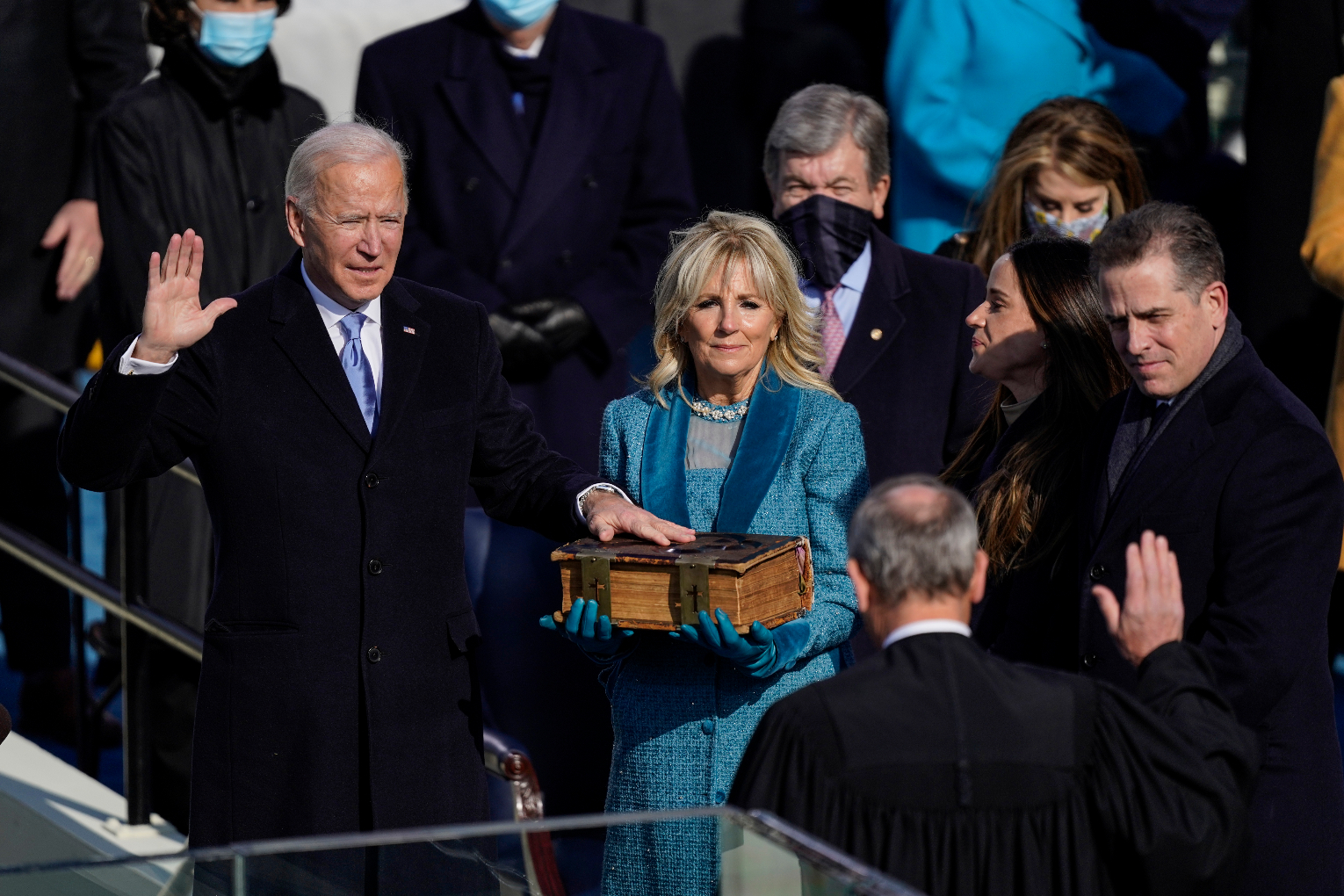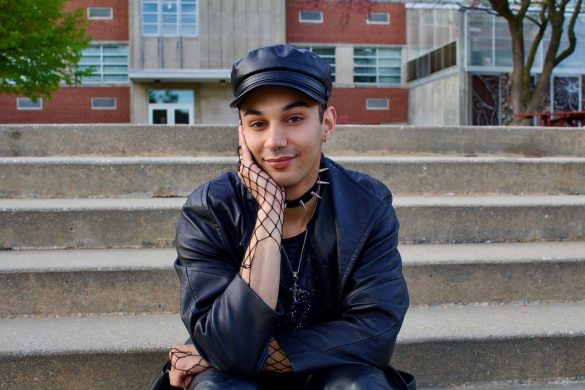
Throughout his 2020 campaign, President Joe Biden promised major changes to higher education. Some of these changes already have gone into effect, such as a pause on student loan payments, but other proposals have yet to happen. Biden’s bold plans will affect college students, but whether or not they will be good is subject to debate.
One of Biden’s first actions as president on Jan. 20 was to extend the payment pause for federal student loan borrowers until October 2021, according to CNBC. This order is a continuation of a policy that began in March 2020 because of the COVID-19 pandemic. The suspension gives people a longer opportunity to get their finances in order, and people could use the time to pay off other bills or set aside extra cash for when payments are reinstated, said Kristen Holt, CEO of GreenPath Financial Wellness, in an article for the Detroit Free Press.
This suspension is necessary because the COVID-19 pandemic continues to affect every American. While this plan may not help those who are still in school, it does set a precedent for some form of student loan relief, which was one of Biden’s campaign proposals.
During his campaign, Biden proposed asking Congress to cancel $10,000 in federal student loan debt for every American with federal student loans as part of his plans for COVID-19 relief, according to NerdWallet.com. Additionally, Biden has recommended that federal student loan debt be canceled in three other situations, according to NerdWallet.com.
- If the person has attended a public college or university. Those who have attended private, historically Black colleges and universities or other minority-serving institutions also would be eligible.
- If the loans were only for undergraduate tuition. Graduate student debt would not be canceled under Biden’s proposal.
- If the person earns less than $125,000.
Biden also has proposed the creation of a student loan forgiveness program for those who provide public service, with up to $50,000 being forgiven, according to NerdWallet.com.
These three proposals will help ease the financial burden that attending college can have on both current and future students, which I am all for. By cancelling student loan debt, Americans will be able to use that extra money to buy more things, which can help the economy. I also think that Biden’s public service proposal will benefit every American, regardless of whether he or she has student loans, by incentivizing public service.
One of Biden’s most substantive proposals, however, is his plan to make college tuition-free at some schools. Under his plan, a student could attend a public college or university tuition-free for four years if his or her family has an income under $125,000, according to NerdWallet.com.
Students who attend private, historically Black colleges and universities, tribal colleges and universities and other minority-serving institutions also could receive grants that would cover up to two years of tuition. Tuition also would be free for two years for students who attend a community college if they have not previously pursued a post-secondary degree, according to NerdWallet.com.
This proposal from Biden is one of my favorites, as it has the potential to change completely how many people have the opportunity to pursue higher education. In 2019, nearly 250,000 fewer students enrolled in colleges than in the previous year, according to the National Student Clearinghouse Research Center, which tracks college student enrollment.
According to NPR, this is not the first time the number of enrolled students has dropped. From 2011-2019, college enrollment across the U.S. dropped by 11%, or about 2.3 million students, and one of the primary reasons for the drop was the cost of college, according to NPR.
The cost of college has increased for a variety of reasons, one of which, according to NPR, is that the states are putting less money into higher education. This has only gotten worse amid the COVID-19 pandemic. Half of all undergraduates said in a 2020 survey that they needed to figure out a new way to pay for school because of the pandemic, according to CNBC.
By offering free or reduced tuition, Biden is giving thousands of students the opportunity to earn a college degree, which can lead to a higher-paying job. This opportunity gives students the potential to move up the socio-economic ladder and can help the citizens who need it the most.
One of the major caveats about Biden’s “free college” plan is that students still would need to pay non-tuition costs such as room and board and textbooks, according to NerdWallet.com. While this cost may still be a burden for some, compared to the potential cost of tuition on top of the fees, students are ultimately saving thousands of dollars under Biden’s proposal.
The other major caveat is how the plan will be paid for. According to Forbes, the plan would cost $49.6 billion in its first year, and after 10 years, it would be even higher. However, the plan likely would bring in tax money, according to Forbes. Georgetown University’s Center on Education and the Workforce estimated that there would be $371.4 billion in federal and state tax revenue, along with $866.7 billion in private after-tax earnings gains, according to Forbes. The revenue from enacting this plan would go well beyond paying off the initial costs of implementing it.
Ultimately, Biden has lots of plans that could affect college students for the better. The only downside is that they are just that — plans. His proposals are not executive orders, nor are they Congressional legislation. While these proposals would really help college students, we all need to be careful not to get our hopes up that they will turn out exactly as planned once they go through the wonderful (not really) institution known as the U.S. Congress.








